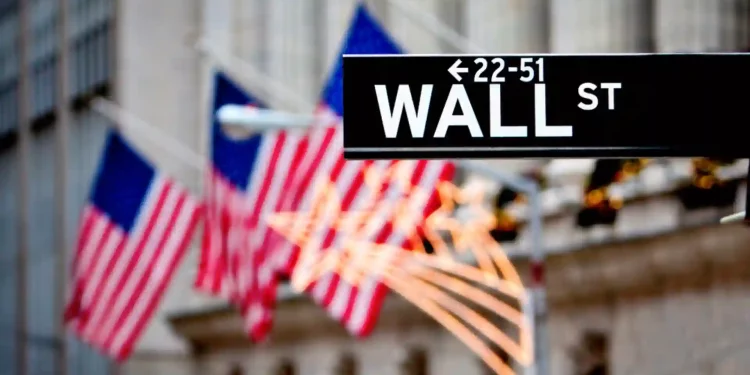Wall Street banks prepare for fallout from possible default as the talks of raising the United States government’s $31.4 trillion debt ceiling goes down. President Joe Biden called the Republican’s offers on raising the debt ceiling “unacceptable”. The United States President instead stated that he would be willing to slash spending with tax adjustments to reach a deal.
The treasury department warns that the federal government could be unable to pay all its debts, triggering a default that could cause an interest rate hike and chaos in the financial markets. Jane Fraser, Citigroup CEO stated that the dispute on the debt ceiling is more concerning than the previous ones, reports Reuters. While JP Morgan and Chase CEO Jamie Dimon stated that the bank is having weekly meetings to address the implications.
Wall Street Institutions: Bracing up for the worst
A broader volatility and disruption in the treasury market are visible on the horizon and financial institutions such as brokers, banks, and trading platforms are gearing up for the same. This mostly includes anticipating in advance how the funding markets would react, planning how the payments on Treasury securities would be handled, and ensuring staffing capacity and technology are equipped to handle high trading volumes. Tradeweb, a bond trading platform stated that it was in discussions with industry groups and clients about contingency plans, reported Reuters. Maintaining high levels of liquidity is important to endure intense asset price moves, warns big bond investors.
How will the US debt default affect the financial system?
The United States government bonds strengthen the global financial system, and the authorities expect massive volatility across debt, equity, and other markets. The capacity to trade in and out of Treasury positions in the secondary market would be affected greatly. Wall Street officials have warned that Treasury market dysfunction would spread to the mortgage and commodity markets, where the validity of Treasuries that are widely used as security for securing trade will be questioned by the investors.
Analysts suggested that the financial institutions could ask counterparties to replace the bonds affected by overlooked payments. A slight change in the debt limit could cause a lot of implications in the financial markets generally such as an increase in interest rates, violations in loan documentation, and a dip in equity prices.
The Securities Industries and Financial Markets Association (SIFMA) details how the Treasury market stakeholders would communicate ahead of and during the days of probable missed treasuries payments. SIFMA considered several scenarios and among them, it would see the Treasury buy time to pay back bondholders. This would be done by announcing beforehand a payment that would be rolling the maturing securities over, extending them one day at a time.
This would again allow the markets to continue functioning. The worst-case scenario would be the Treasury failing to pay both coupon and principal and not extending maturities. When this happens, the unpaid bonds could no longer be traded and would not be transferable on the Fedwire Securities Service, which is used to hold and transfer Treasuries. Each scenario would lead to significant operational problems and would require manual daily adjustments in the settlement and trading process.


















